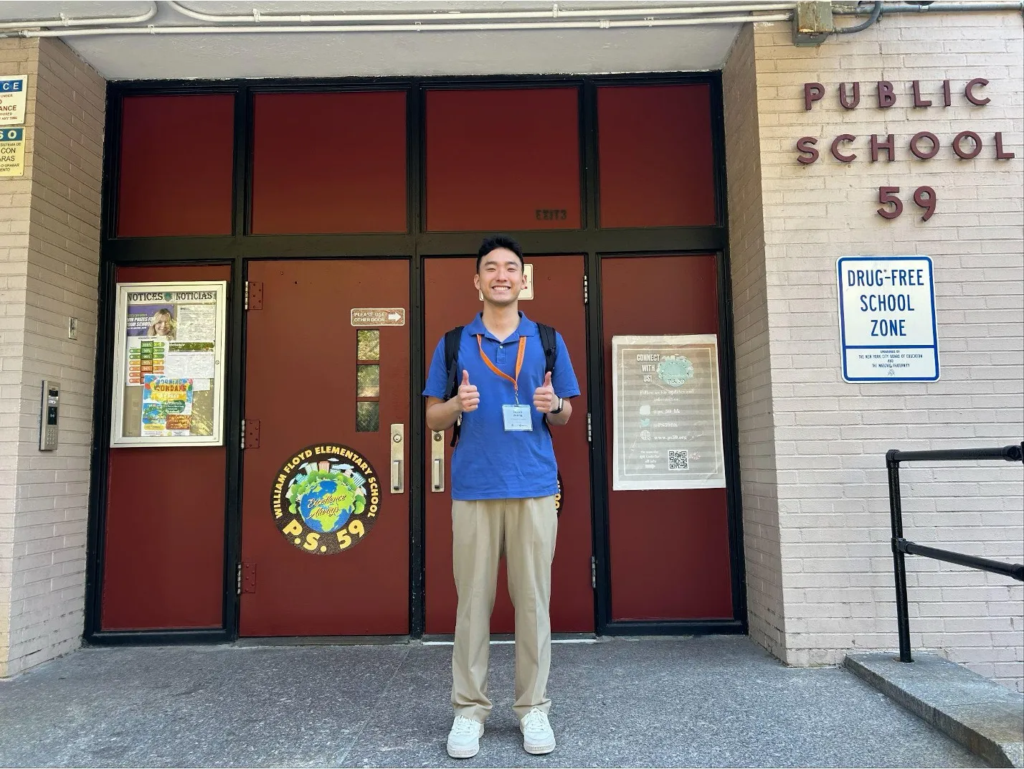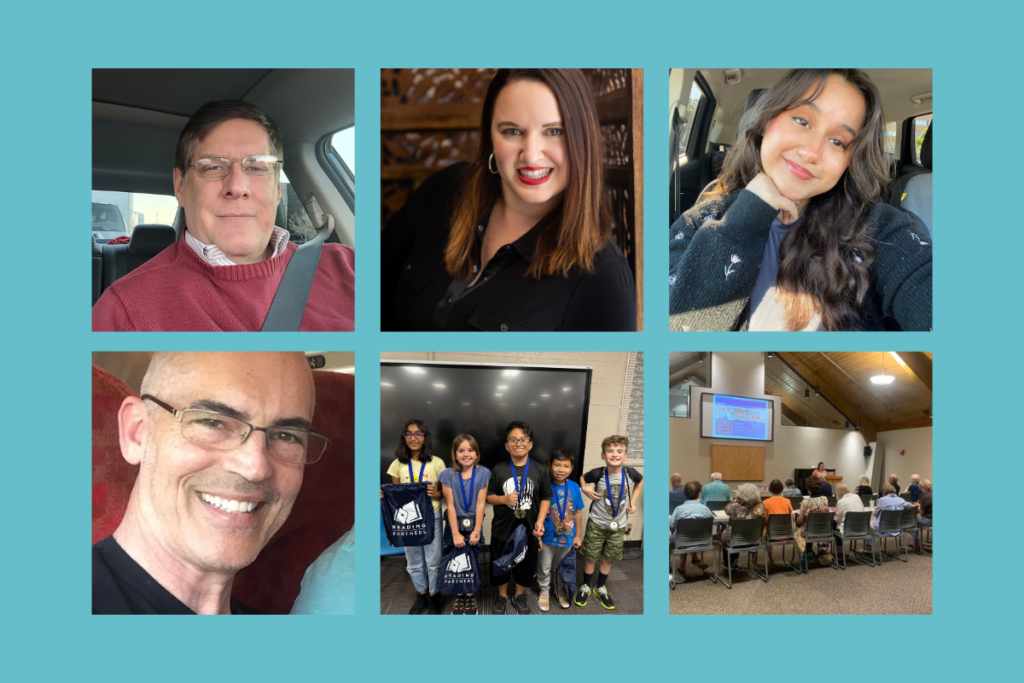
Tulsa Mayor Advances Initiatives Since Taking Office
October 3, 2017
Originally posted on GTR Newspapers

Last year, Mayor of Tulsa G.T. Bynum campaigned to unseat incumbent Dewey Bartlett Jr., largely on a platform focused on elevating Tulsa to a nationally competitive level that the city has not experienced in a number of decades.
Now, after close to one year in office, Bynum, a fifth-generation Tulsan, has shown that his platform was far from a political ruse.
One of Bynum’s ongoing efforts has been to identify entities that would be interested in coming to Tulsa, he says. The result so far? “We have had more site visits from major corporations in the first quarter of this year than we had last year in total.”
Logistyx Technologies, a transportation software company, recently announced plans to locate its headquarters in Tulsa’s CityPlex Towers.
In September, the Greenheck Group held a ground breaking for its manufacturing facility in northeast Tulsa.
Contributing to the increase in Tulsa’s exposure, Bynum was invited in February to give a TedX talk in Washington, D.C., titled “Partisan Rhetoric is for Losers,” where he discussed his current and past efforts to reduce partisanship in favor of uniting diverse points of view and solving problems.
His disdain for partisanship is clearly seen in his choice of members of his cabinet, including former Mayor and democrat Kathy Taylor, as chief of economic development.
Bynum also created the Office of Performance Strategies and Innovation, led by James Wagner formerly from INCOG (Indian Nations Council of Governments), with the concept being to increase government transparency and to use data gained by the City to create citywide strategies that align with its established priority goals, Bynum says.
For example, the Community Policing Dashboard, found on the City of Tulsa website, allows residents to track the implementation of 77 recommendations made by the City Council regarding community policing. These recommendations include police body worn cameras, citizen advisory boards, police training sessions and town hall meetings.
“This allows citizens to measure our progress and to hold me accountable,” Bynum says.
Because very few cities around the country are doing this, “it has spurred significant interest in Tulsa,” he continues.
Additionally, Bynum credits the 2016 passage of Vision Tulsa for drawing further attention to Tulsa because “it shows that citizens are willing to invest in our city.”
The City of Tulsa is also working with the University of Tulsa to capitalize on the university’s cybersecurity program and its graduates in order to establish Tulsa in the growing cybersecurity industry.
“Cyber is only going to grow in importance in the future, so we need to capitalize on that,” he says.
In addition to higher education, Tulsa’s standard of public education needs to be improved upon for Tulsa to compete on a higher level, Bynum notes.
For that reason, on his first day in office, Bynum created the Mayor’s Education Cabinet, which brings together the superintendents of Tulsa, Union and Jenks public schools plus other area education leaders.
He also created the City’s partnership with Reading Partners in an effort to improve the number of Tulsa Public Schools third graders who are reading at grade level, because reading is related to graduation rates, which then has an effect on the local workforce, he says.
For the 2016-2017 school year, 89 percent of participating students mastered key foundational reading skills needed to read at grade level. Overall, the program sees a 90-percent success rate.
He signed an executive order that allows city employees to use their lunch breaks to read to a third grade student.
Still, Bynum continues to cry out for additional volunteers for the program: “We don’t need money; we just need volunteers who are willing to read with students.”
More than 1,300 students were matched with 1,468 community volunteers who delivered a total of 47,602 Reading Partners tutoring sessions over the course of the 2016-2017 school year.
In the future, Bynum plans to open dialogue regarding the possibility of taking public education into the hands of citizens and advocating on the state level for changes that would give communities more control over their education systems and how money from bond issues is used, he says.
While Bynum’s plans for his next three years in office are lengthy and ambitious, that was his plan all along, to bring “a renewal of energy to City Hall and heightened expectations for Tulsa,” he says.
And with his family history including many city servants—his great-great grandfather, grandfather and cousin are all former Tulsa mayors—Bynum was not hard up for advice regarding his current job.
However, he has still dealt with some surprises in his new position.
“I have been most surprised at the sense of personal responsibility that I feel when bad things happen in the city,” he says.
“I feel a strong sense of responsibility for citizens and employees that I am doing everything I can to create the best place to work and live for them.
“I don’t want to let anyone down.”



